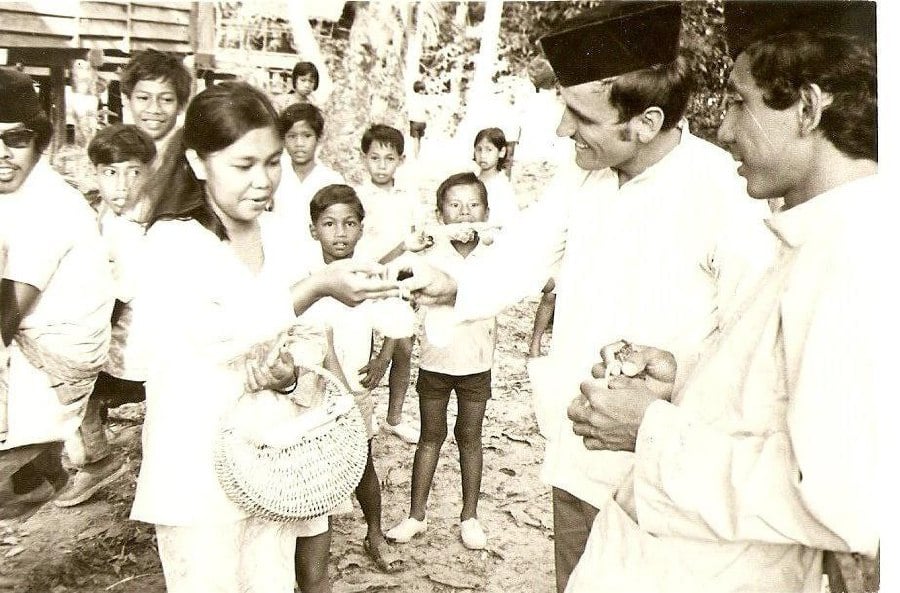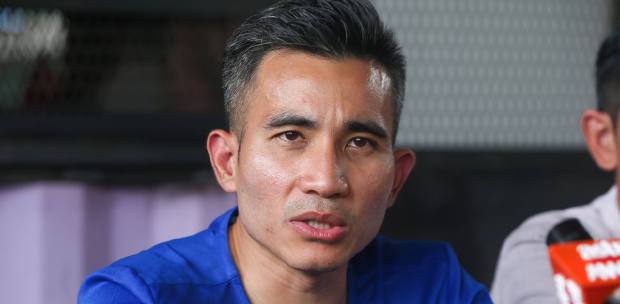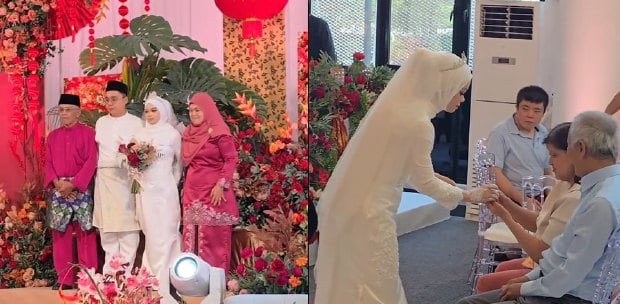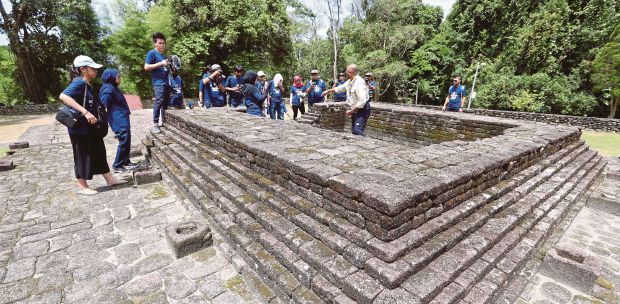DO you often attend weddings? Did you pay attention to the fact that they are becoming simpler, and in cities, they are almost devoid of traditional elements of rituals?
I first attended a Malay wedding in 1971, when I spent a month in the village of Pahang Tua as part of an internship in Malay at Universiti Malaya.
Then, university students went to the countryside during long vacations in the so-called student service corps.
Foreign students, especially, got acquainted with the life of peasants and helped locals in their work.
So, more than five decades ago, we were advised to go to the village by Professor Taib Othman, the then head of the Department of Malay Studies.
It was, of course, interesting to live with Malay families. We were even given Malay names.
My name was Abdullah, and my colleague, Tatiana, was called Azizah. That's where we visited and experienced a Malay wedding.
Apart from the wedding, or 'bersanding', we also saw the ceremonies before it, when the rituals were being prepared.
And, of course, everyone got a 'bunga telur'.
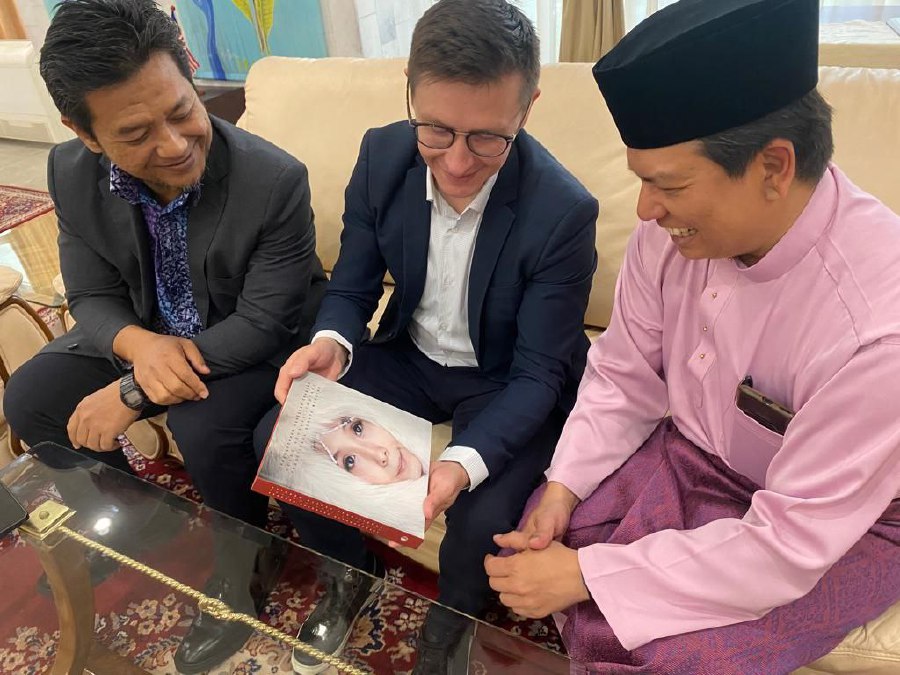
Now, however, everything has become simpler. Even the silat show is disappearing.
Meanwhile, 'bunga telur' has been replaced by more prosaic items.
In fact, once I received an apple. But the boiled egg is very symbolic: it symbolises procreation. Of course, the act of giving it is understandable.
And traditions, especially in cities, are no longer seen as important.
Why am I telling you this? There is a way to preserve wedding ceremonies for future generations, and this was suggested by Denis Knyazev, a researcher from Russia.
He prepares and releases colourful albums with such rituals.
The first were about the traditions of creating a family, by the Nenets and Udmurts ethnic groups living in remote areas of northern Russia.
Then, the United Nations Educational, Scientific and Cultural Organisation became interested in these projects, and now it's now being carried out under its auspices.
Given the cultural and ethnic diversity of Malaysia, Knyazev decided to include Malaysia in the implementation plan of the project "Weddings of the World: Cultural Heritage" for 2023 to 2024, focusing on the wedding traditions of Malays and ethnic groups in the peninsula, Sabah and Sarawak.
The result of the work will be the release of two multilingual book-albums containing modern and archival photographic materials, works of art and video content integrated via a QR code.
Most recently, he was at the Malaysian embassy and met chargé d'affaires Johan Ariff Abdul Razak and Malaysian tourism representative Zulkifli Mohamed.
Johan and Zulkifli liked the project. After all, its implementation will be a worthy contribution to the preservation and study of traditions.
Plus, it will also strengthen international and interethnic relations, develop mutual understanding between cultures, positively affect the image of the state, boost tourism, and help the efforts of the Unesco National Commission in Malaysia aimed at including wedding traditions on the Unesco Intangible Cultural Heritage List.
I hope the Malaysian side would approve the project.
* The writer, writing from Russia, is a former lecturer at Universiti Malaya


